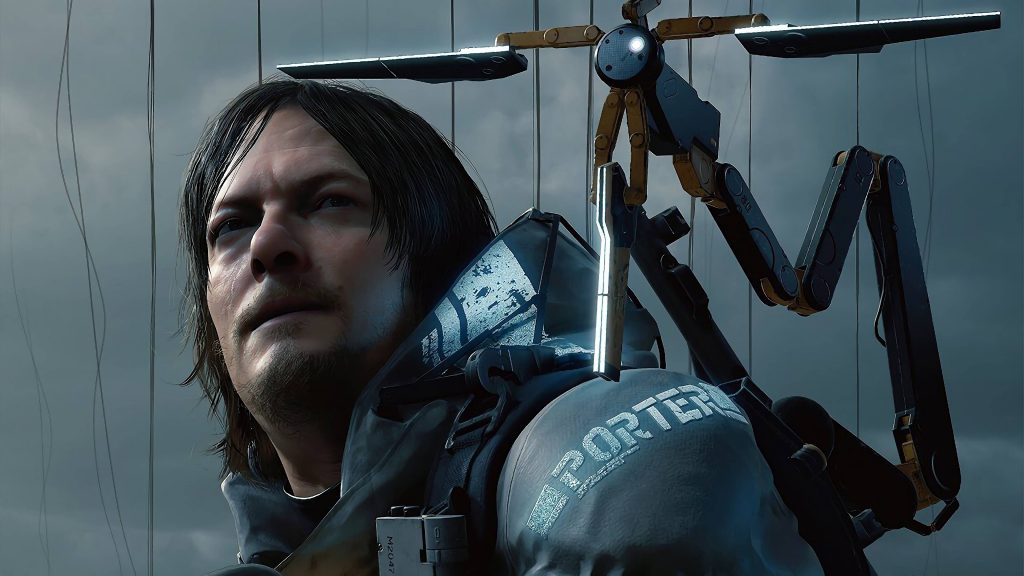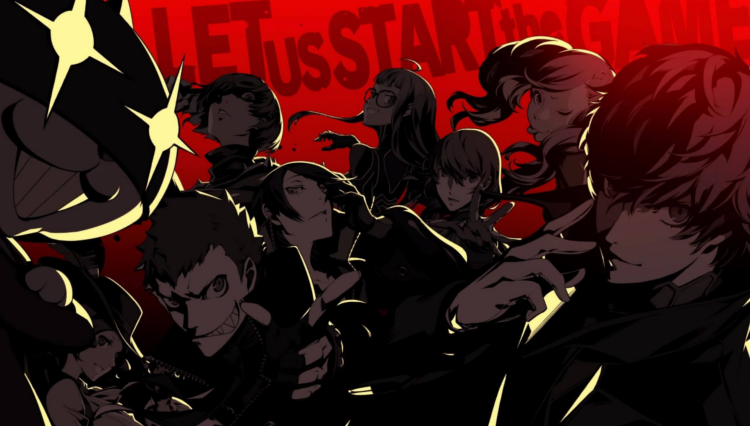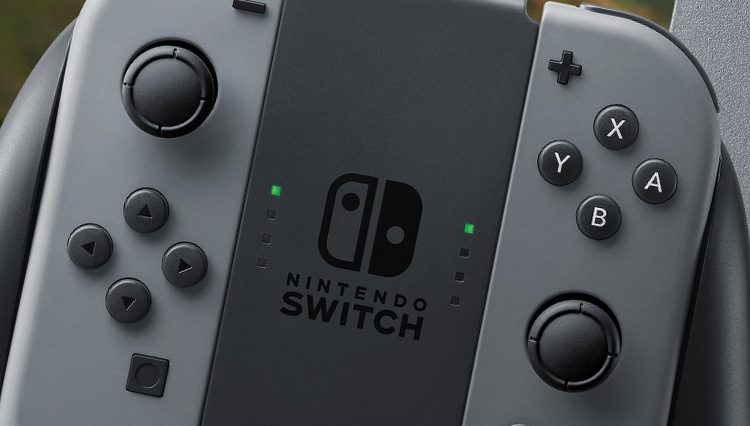
Ever since its November 8th launch, Death Stranding has been cloaked in a confusing array of criticisms, controversy, and passionate feuding. Fans of Kojima’s latest interactive title found themselves divided, either thoroughly despising it for its faults or praising it for its audacious splendor. Simply put, such a discussion has easily topped the history books as the most interesting to hit the medium in several years. The rabid conversations of its narrative, gameplay mechanics, and intentionally empty map have lent for truly meaningful discourse about what the video game genre means to each person and what classifies as a video game or not. Death Stranding finds itself torn between each ravaged side, a precarious scenario that has sparked countless articles amongst the press and Reddit posts amongst fans; it pokes at a fundamental gray zone to every player of the video game genre, the fine line between realism and maddening tedium. When examined at its base value, Kojima Productions’ first post-Konami release is easily one of the most divisive yet acclaimed games of the entire year. However, when the context and nature of its release are truly unraveled, Death Stranding has done far more than just leave a landmark for 2019; it has changed the industry.
Award-winning designer and game director Hideo Kojima is no stranger to crafting innovative video games that shake and wow the industry with seemingly effortless grace, and Death Stranding certainly doesn’t topple his record in that regard. The 2019 Sony-published title is every bit as mysterious and wacky as its numerous teasers have suggested, mainly thanks to an elusive shrouding of intentionally confusing lore and nomenclature. Whether that actively works against its broad themes of connection and amicability is a dialogue to have another time, but there’s no denying that right out of the gate, Death Stranding was already making tidal waves across the industry. The generated discussion post its elusive E3 and TGA showings boiled down to whether excitement was justified for a game that had shown neither gameplay nor a compelling narrative outside of raw, inspired images of Norman Reedus’ fatherhood.
That all changed with the past Tokyo Game Show where a full, mostly unedited mission from Death Stranding was shown. Outside of the foreigner confusion that resulted from the gameplay and commentary being presented in Japanese, players got their first true glimpse of the game, and the reception was…polarizing, to say the least. In fact, the controversy surrounding Death Stranding’s identity as a “walking simulator” that led up to and past its launch originated at this very moment, on September 12th, 2019. Ultimately, it is at that moment that we can definitively draw the line on this quick recap of Death Stranding’s public perception journey.
When actually discussing Death Stranding’s impact on an industry that has become far too accepting of weary mediocrity, the very birth of the game and the fact that it even was made can only be attributed to Sony’s pioneering efforts to put players “first.” Indeed, their efforts come off as ridiculously similar to Netflix and their massive sums of funds that they fork over to established auteurs like Alfonso Cuarón and Martin Scorsese so that they may realize the films that no one else would make. Death Stranding is a game that is one of a kind, unique in almost every dimension, perhaps even worthy of the new so-called “strand game” genre. Kojima has fashioned a dynamic experience that provokes discussion and conversation about its ever-complex mechanics and concepts. And whilst the game itself may get lost in this scuffle, Death Stranding has at least offered a unique perspective on the thematic gray zones that distinguish every player, every fan of the video game genre. And for that alone, it should be praised and commended. For that alone, Death Stranding has changed the industry for better or worse.



